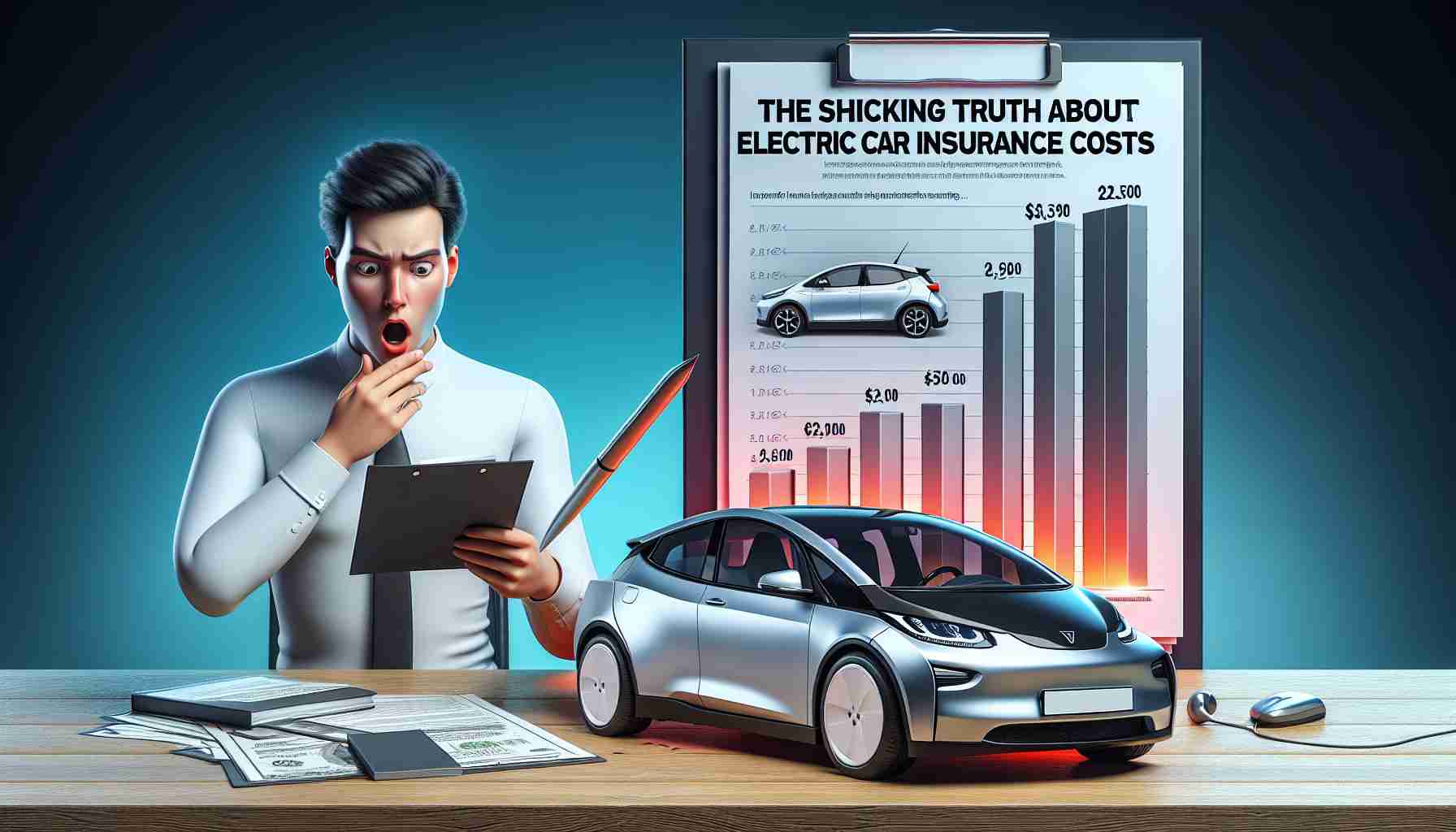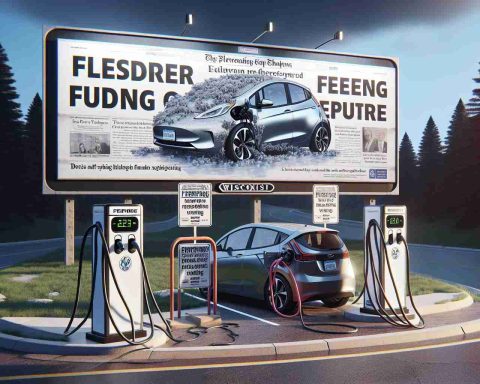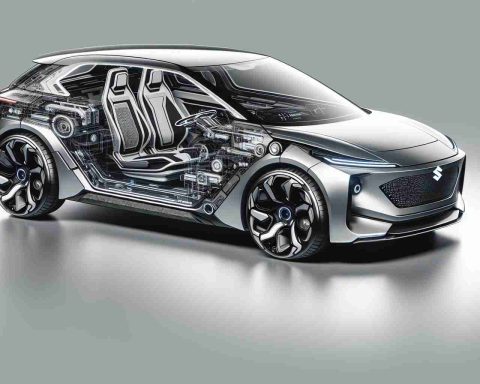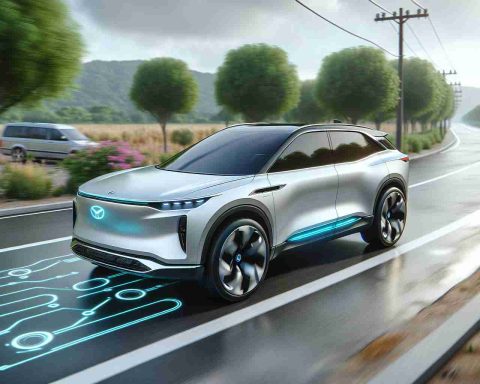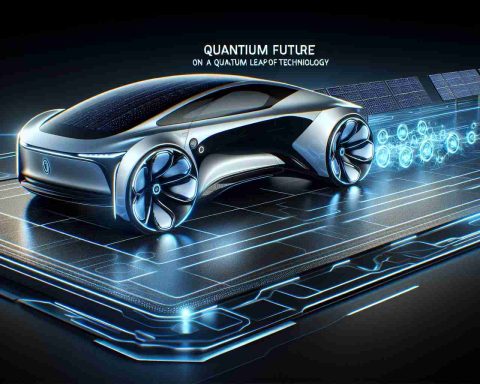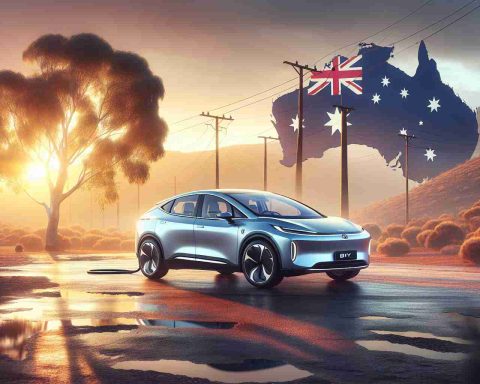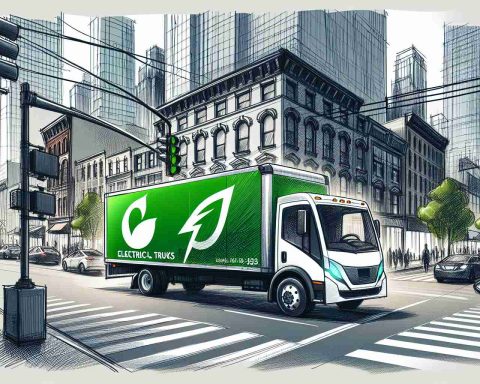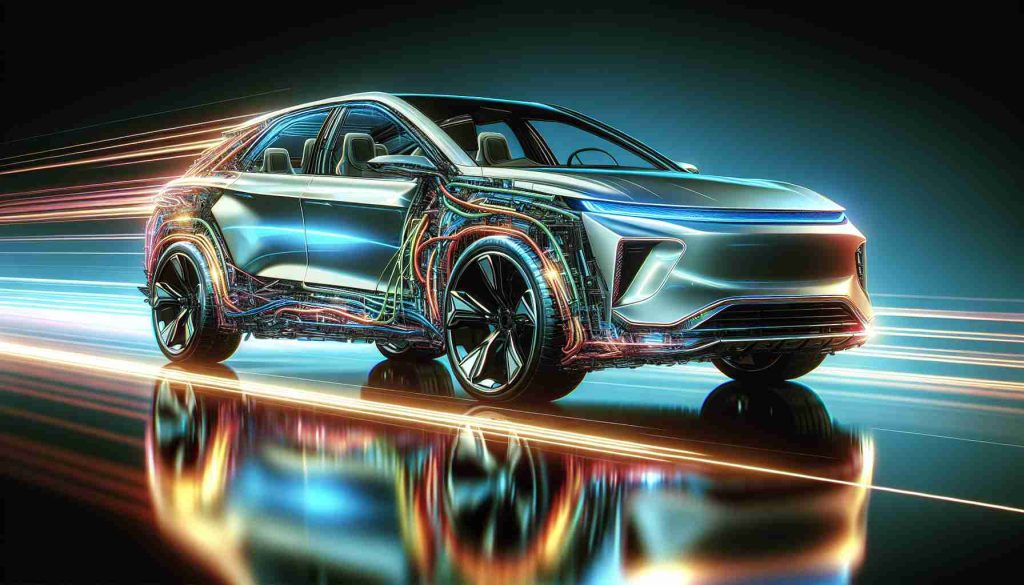- Electric vehicles (EVs) are 56% more likely to require insurance claims than petrol cars.
- One in twelve EV owners filed a claim last year, compared to one in twenty for petrol vehicles.
- The acceleration of EVs can surprise new drivers, particularly within the first months post-purchase.
- Insurance premiums for EVs have increased by 62%, averaging £1,211 compared to £691 for petrol vehicles.
- Despite higher claim rates, EVs result in fewer injuries; only 1% of EV premiums go to bodily injury claims.
- Repair costs for EVs average £3,784, largely due to complex technology and batteries.
- High insurance costs for EVs are likely to persist as the industry adapts to new developments.
Electric cars may be the future of driving, but recent data reveals a startling reality: they’re involved in more accidents than their petrol or diesel counterparts. A study shows that electric vehicle owners are a staggering 56% more likely to file an insurance claim than those driving traditional cars. Last year alone, one in twelve electric car owners reported a claim, compared to only one in twenty for petrol vehicles.
So, what’s driving this trend? Experts suggest that the rapid acceleration of electric vehicles, similar to the legendary Golf GTI, can take new drivers by surprise, particularly in the first few months of ownership when accidents are most likely to happen. As a result, electric car insurance premiums have soared by 62% over the past two years, averaging around £1,211 annually, while petrol cars sit at a far lower average of £691.
Yet, here’s the silver lining: even though electric cars have higher claim rates, they lead to fewer injuries. Just 1% of electric car premiums go towards bodily injury claims, versus 10% for petrol vehicles. This could be attributed to the advanced safety features built into modern electric vehicles and the maturity of their drivers, with nearly three-quarters being over 40.
Repairing electric vehicles can be costly, averaging £3,784 compared to £3,371 for petrol cars, due to complex features and battery technology. As a result, expect insurance costs to remain high as insurers adapt to this evolving landscape.
In summary, while electric cars offer thrilling drives and modern safety, navigating their insurance can be a tricky and expensive ride. Be informed and drive safely!
Are Electric Cars Safe? Understanding the Risks and Benefits of Electric Vehicle Ownership
Electric Cars and Insurance: A Complex Relationship
Electric cars are rapidly reshaping the automotive landscape, but their safety record and associated insurance costs provoke important discussions. Recent data show that while they are involved in more accidents, they also result in fewer serious injuries compared to traditional vehicles. This dual reality suggests that while electric vehicles (EVs) may carry higher insurance claims rates, they benefit from advanced safety features that protect drivers and passengers.
Notable Insights and Trends
1. Growth in EV Market: As of 2023, the global electric vehicle market continues to expand, with projections estimating that EVs could represent over 30% of new car sales by 2030. This growth indicates a significant trend towards sustainable transportation.
2. Insurance Premiums Rising: The average insurance premium for electric vehicles has surged as insurers adjust to the greater frequency of claims. The UK market reflected a rise of 62% over two years, showcasing the financial implications for EV owners.
3. Technological Innovations: The integration of advanced driver-assistance systems (ADAS) in electric cars enhances safety, reducing the likelihood of accidents where injuries occur. These technologies include automatic emergency braking, lane-keeping assist, and adaptive cruise control.
Pros and Cons of Electric Cars
Pros:
– Lower Injury Rates: Despite higher claim rates, electric vehicles result in fewer injuries, due to their safety features.
– Environmental Benefits: EVs produce no tailpipe emissions, contributing to a reduction in air pollution.
– Government Incentives: Many countries offer incentives for EV purchases, which can offset initial costs.
Cons:
– High Repair Costs: The average repair cost for electric vehicles is notably higher, averaging £3,784 due to their complex components.
– Insurance Challenges: The rising insurance premiums can be a financial burden for new EV owners.
– Charging Infrastructure: Access to charging stations can be limited in certain areas, complicating long-distance travel.
Frequently Asked Questions
1. Why are electric cars involved in more accidents than traditional cars?
Electric vehicles can surprise new drivers with their rapid acceleration, leading to a higher likelihood of accidents in the initial months of ownership. Additionally, the inexperience of some drivers with the unique driving dynamics of EVs may contribute to this trend.
2. Are electric vehicles really safer?
Yes, many modern electric vehicles are equipped with advanced safety features that help mitigate the severity of accidents. Data shows that although electric cars have higher claim rates, they lead to significantly fewer injuries during accidents compared to petrol cars.
3. What are the insurance implications of switching to an electric vehicle?
Switching to an electric vehicle can result in higher insurance premiums due to increased claims rates and the higher cost of repairs. However, with the long-term benefits of lower operational costs and potential government incentives, many owners find they can offset these initial expenses over time.
For more information on electric vehicles and insurance, visit Insurance Information Institute.
